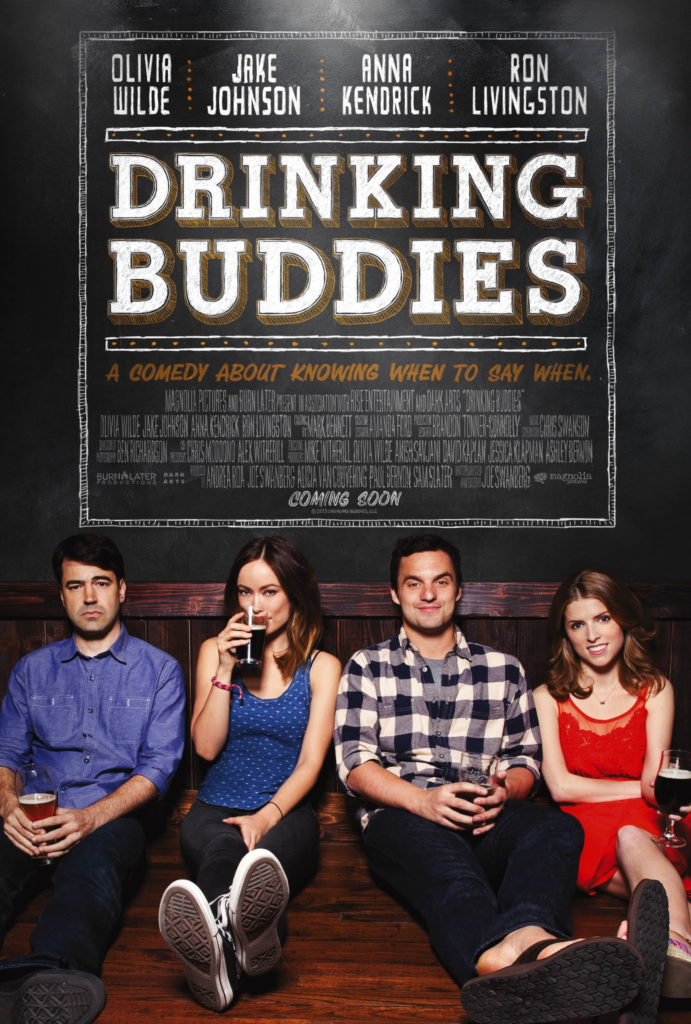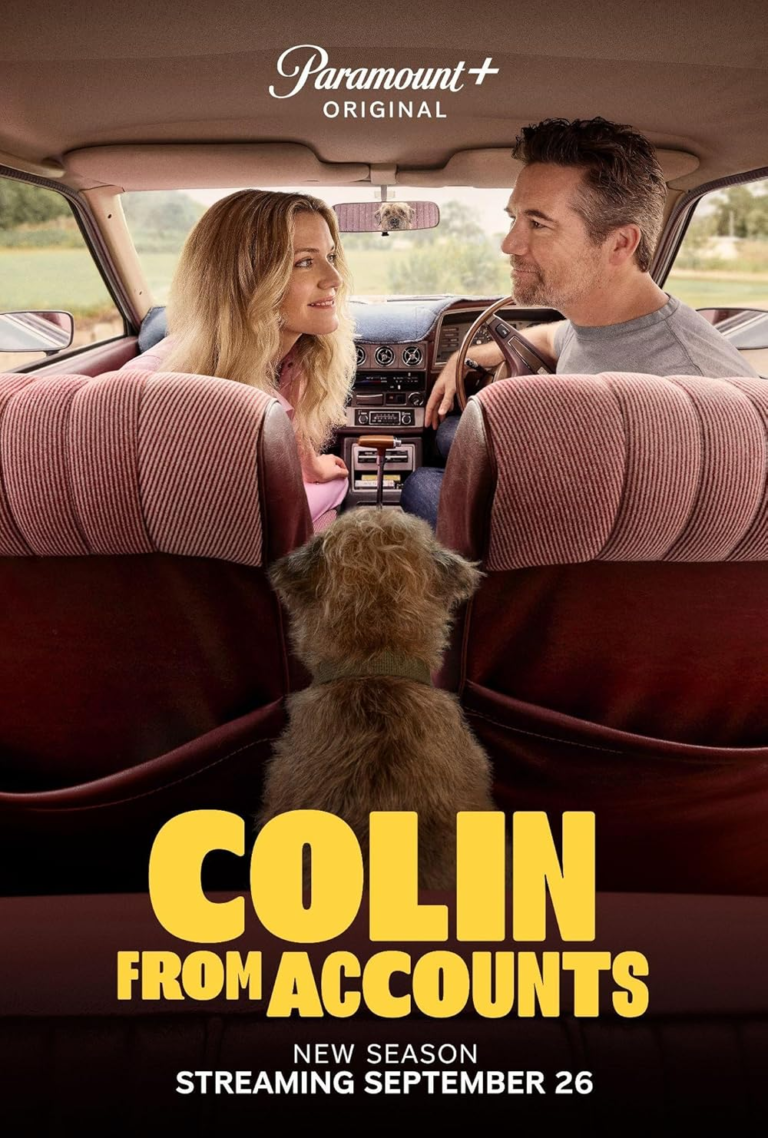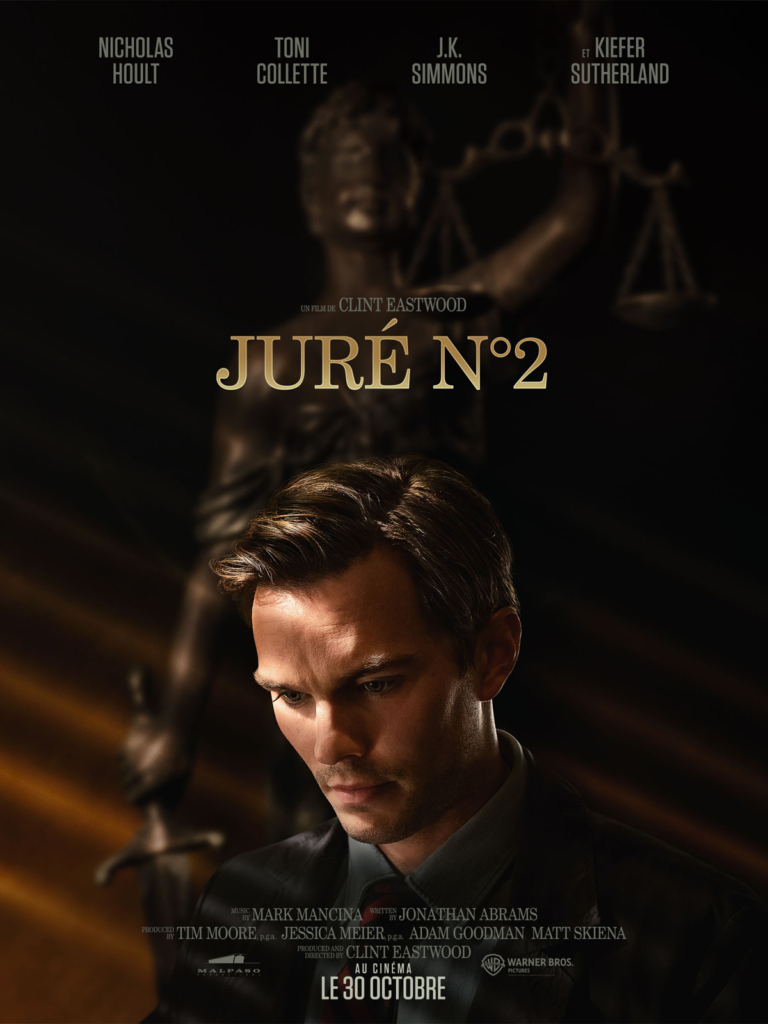Drinking Buddies Christian Review

Some films don’t scream their themes at you. Instead, they lean in, almost whispering, inviting you to notice the tension beneath the surface. Drinking Buddies, Joe Swanberg’s subtle exploration of relationships, choices, and human nature, fits this description perfectly. It’s not a movie that hands you a clean narrative with moral ribbons tied tightly at the edges. Instead, it meanders, captures snapshots of life, and asks you to sit with the questions it raises long after the credits roll. As a Christian, viewing a film like this means wrestling with its complexities while finding moments of truth and reflection in the spaces it offers.
Unscripted Lives: A Story of Almosts
At first glance, the setup is simple enough: Kate (Olivia Wilde) and Luke (Jake Johnson) work together in a brewery. They’re best friends, sharing beers and banter, teasing each other with a chemistry so palpable you can almost see it hanging in the air. The catch? They’re both in relationships—Luke with Jill (Anna Kendrick), Kate with Chris (Ron Livingston). What unfolds is not a dramatic affair or a loud declaration of feelings but a quiet exploration of boundaries.
What makes this story work is how little it insists on itself. Swanberg doesn’t hit you over the head with the will-they-or-won’t-they tension. Instead, he lets his characters exist, flawed and fumbling, in the spaces between certainty and confusion. For Christians, this messiness can feel uncomfortably familiar. Relationships often defy the neat categories we try to place them in. Drinking Buddies captures that tension—the almosts, the what-ifs, and the lines we sometimes dance too close to crossing.
Improvisation: The Art of the Everyday
Swanberg is known for his naturalistic filmmaking style, and here it shines. Much of the dialogue feels improvised, lending the film a raw, unscripted quality. Conversations stumble and overlap, capturing the rhythm of real life in a way that polished scripts rarely do.
For a Christian viewer, this approach can feel disarmingly authentic. Life doesn’t come with scripts, after all. Our interactions, especially in relationships, are often messy and imperfect. Watching Kate and Luke navigate their friendship feels less like watching a movie and more like eavesdropping on real people. This unpolished realism invites reflection: How do we navigate our own relationships? Where do we place boundaries? And how do we honor God in the ambiguity of human connection?
Chemistry and Caution
There’s no denying the chemistry between Kate and Luke. Their interactions crackle with humor and warmth, a kind of effortless connection that feels rare and intoxicating. But for all its charm, their relationship is also fraught with danger. They’re not doing anything wrong, not explicitly, but there’s an emotional intimacy between them that toes the line.
For Christians, this is a critical point of reflection. Emotional intimacy can be just as powerful—and potentially problematic—as physical intimacy. Proverbs 4:23 urges us to guard our hearts, a call that feels especially relevant here. Watching Kate and Luke’s friendship unfold is a reminder of the importance of setting boundaries and being mindful of the impact our actions—and even our feelings—can have on others.
Beer as a Bond and a Barrier
As the title suggests, Drinking Buddies revolves around beer. It’s what brings Kate and Luke together, the backdrop to their friendship and the setting for many of the film’s key moments. But alcohol, while never villainized in the film, plays a complicated role. It loosens inhibitions, blurs boundaries, and often serves as both a bridge and a barrier in their relationships.
For a Christian audience, this portrayal of alcohol is worth considering. The Bible doesn’t condemn drinking outright but warns against drunkenness and the ways it can lead us astray (Ephesians 5:18). In Drinking Buddies, alcohol is never the root cause of the characters’ struggles, but it amplifies their vulnerabilities. It’s a reminder of the need for discernment and moderation in all things, particularly when our choices affect not only ourselves but those around us.
What Does Love Even Look Like?
At its heart, Drinking Buddies is a film about relationships—not the grand, sweeping kind but the quiet, complicated ones that often go unspoken. Kate and Luke aren’t in love, not exactly, but their connection is deeper than friendship. Luke and Jill love each other, but their relationship is marked by tension and unspoken doubts.
This ambiguity is both the film’s strength and its challenge. It doesn’t offer easy answers or moral clarity. Instead, it asks: What does love look like when it’s messy, imperfect, and human? For Christians, this is a question worth grappling with. True love, as described in 1 Corinthians 13, is patient, kind, and selfless. It’s not always easy to see those qualities in Drinking Buddies, but the film’s portrayal of flawed, searching people reminds us of the grace we’re called to extend—to others and to ourselves.
The Weight of Choices
One of the most compelling aspects of Drinking Buddies is how it handles choices. The characters don’t make grand decisions or declarations. Instead, their actions are small, incremental, and often ambiguous. Kate and Luke’s relationship never crosses an obvious line, but the tension between them leaves a lasting impact on their other relationships.
For Christians, this is a sobering reminder of the weight of our choices. Even when our actions seem insignificant, they can have ripple effects that impact the people around us. We’re called to live with integrity and wisdom, being mindful of how our decisions align with our values and reflect God’s love.
The Art of Ambiguity
What sets Drinking Buddies apart from more conventional relationship dramas is its refusal to tie everything up neatly. There’s no dramatic confrontation, no tidy resolution. The characters don’t end up where you expect them to, and that’s the point. Life rarely offers closure, and Swanberg’s willingness to embrace ambiguity feels honest and refreshing.
For Christian viewers, this ambiguity can be both challenging and liberating. It’s a reminder that faith doesn’t always provide immediate answers. Sometimes, we’re called to sit with the uncertainty, trusting that God is at work even when the path ahead isn’t clear.
A Film That Lingers
Drinking Buddies isn’t a film that grabs you by the shoulders. Instead, it taps you on the arm, invites you to lean in, and leaves you thinking long after it’s over. Its naturalistic style, understated performances, and quiet exploration of relationships make it a film that feels personal and universal at the same time.
For Christians, watching Drinking Buddies is an opportunity for reflection. It’s not a “Christian movie” in the traditional sense, but its themes of love, choice, and the messiness of human connection resonate deeply. It challenges us to consider how we navigate our relationships, how we honor God in our actions, and how we extend grace to ourselves and others.
Final Rating: 7/10. Thoughtful, nuanced, and beautifully acted, Drinking Buddies offers a subtle but impactful look at the complexities of love and friendship. It’s not without its challenges, but for those willing to engage with its ambiguity, it’s a film that lingers—in all the best ways.




